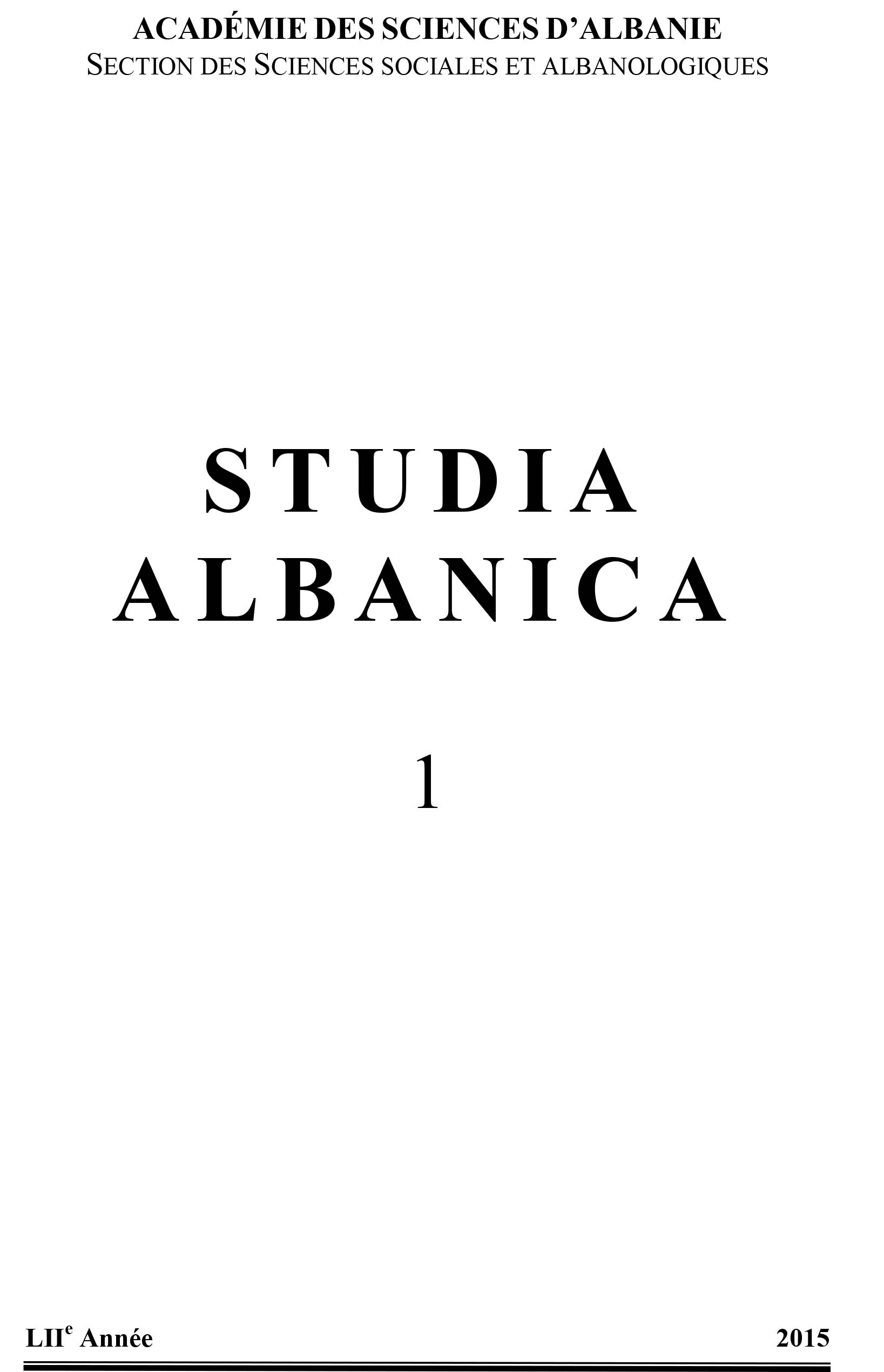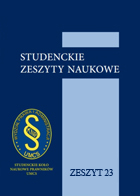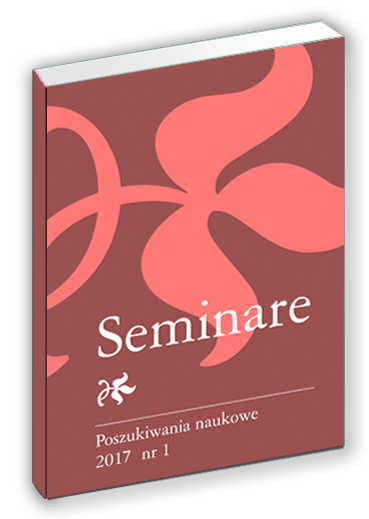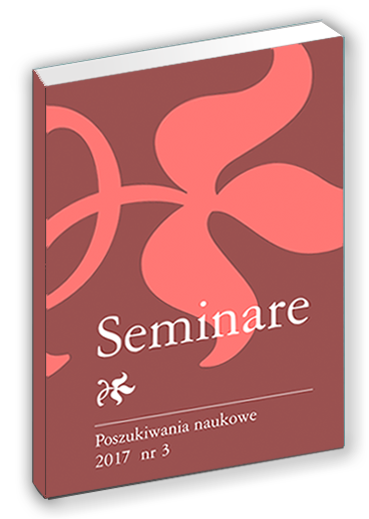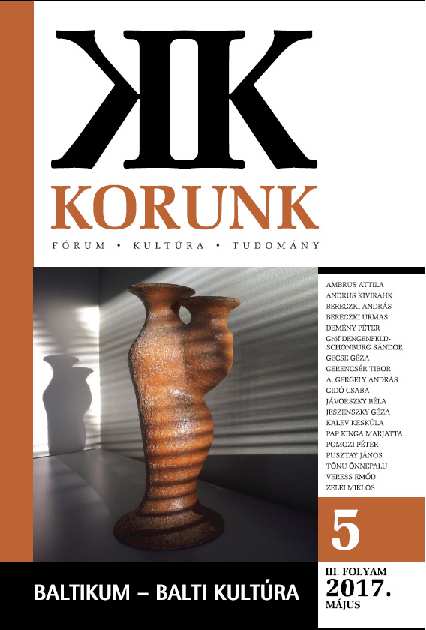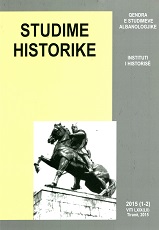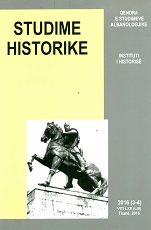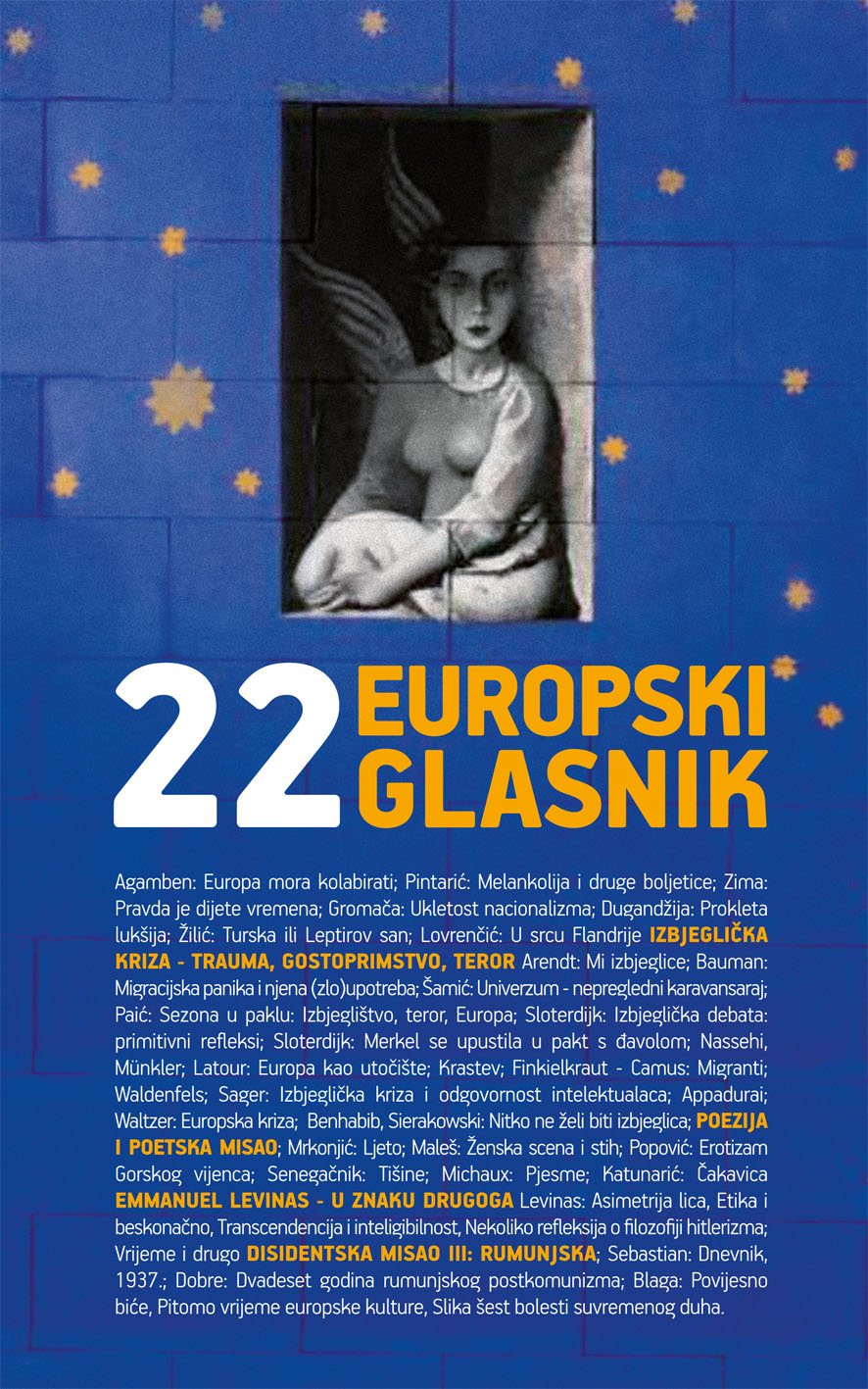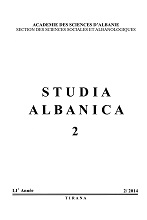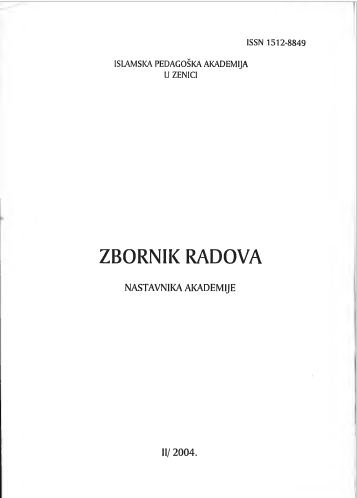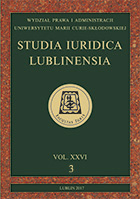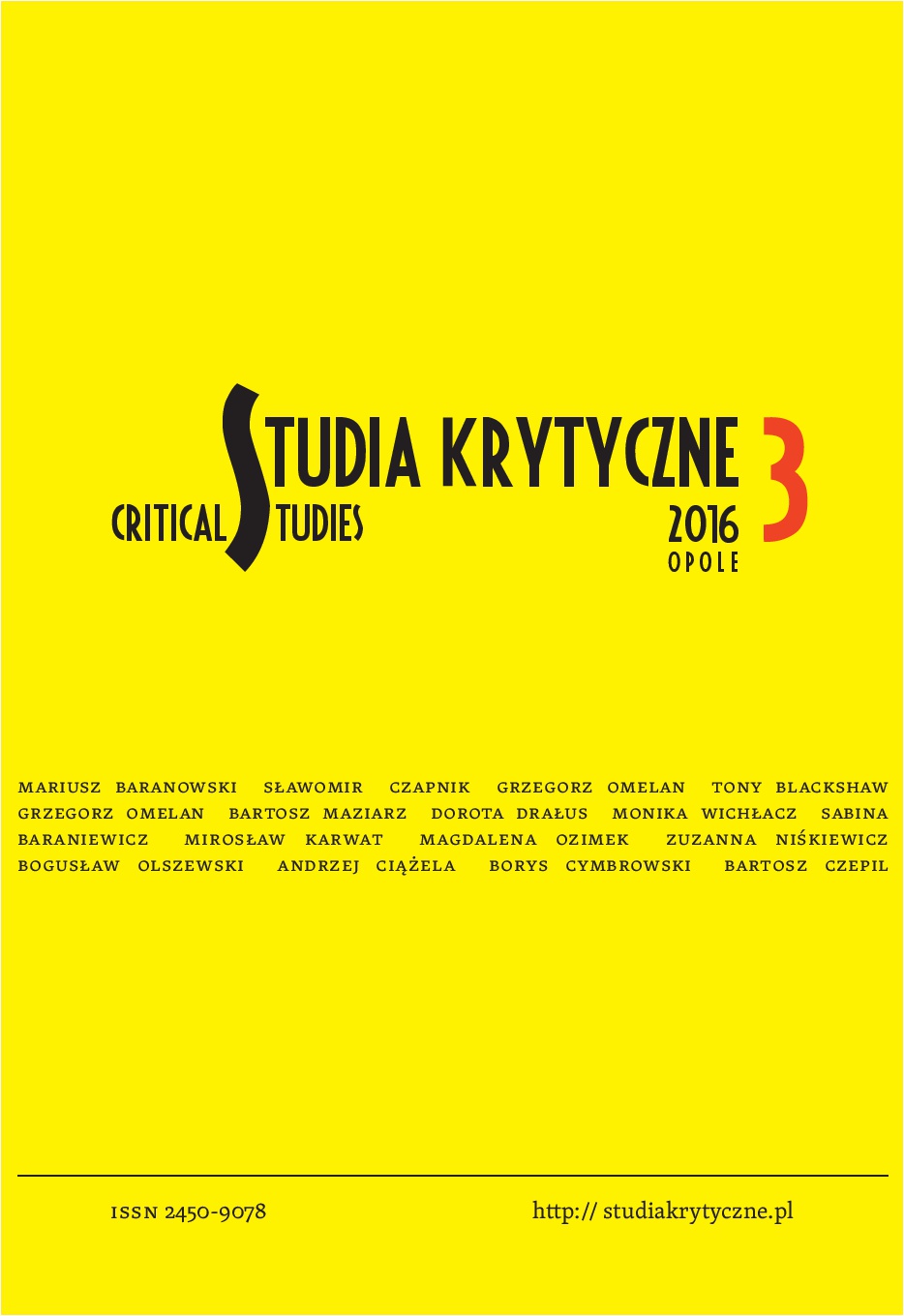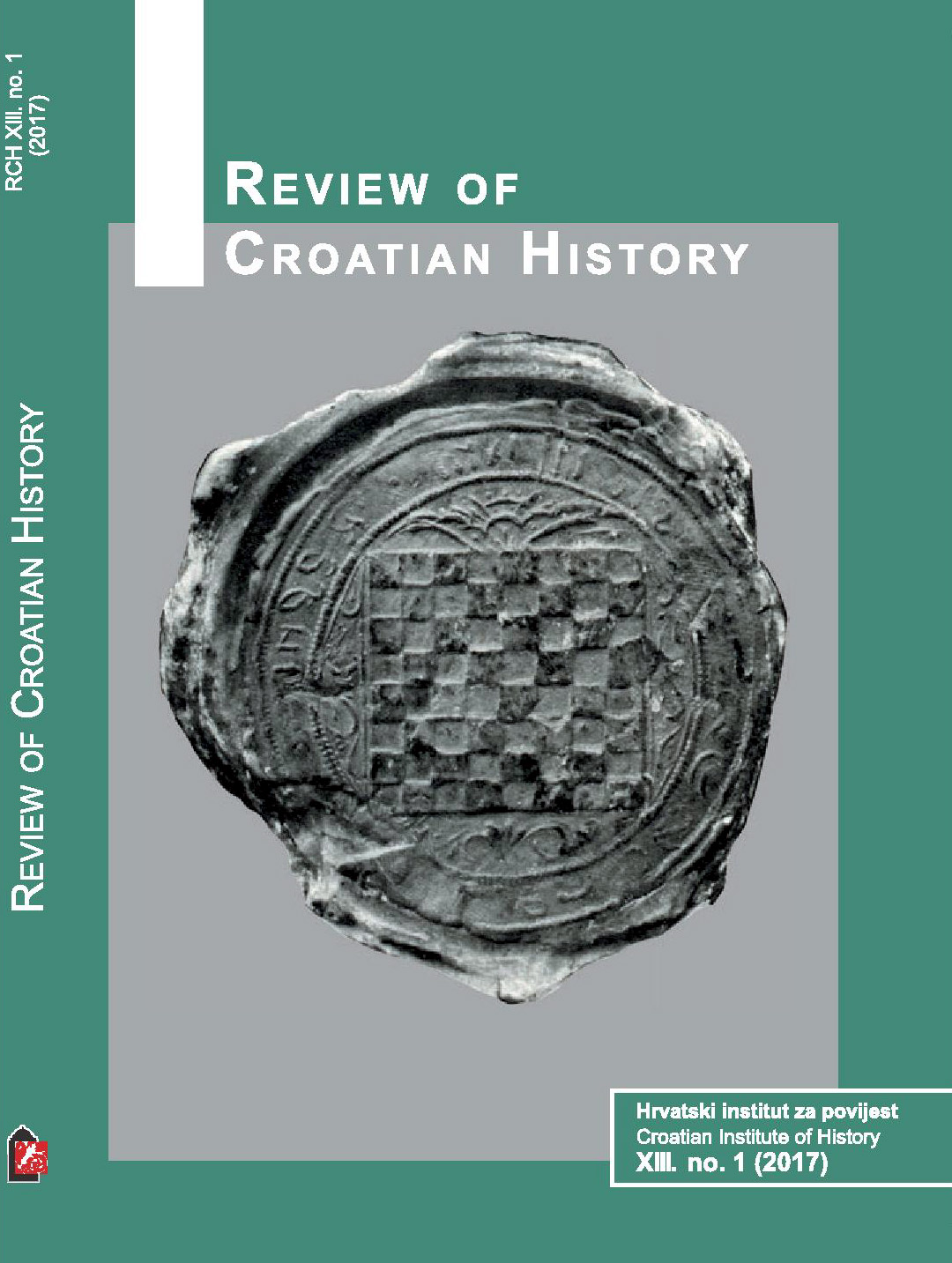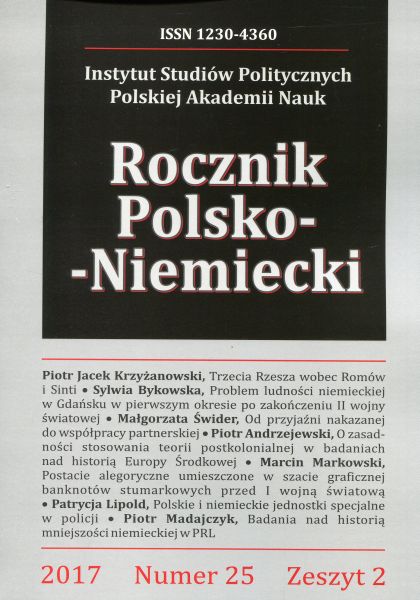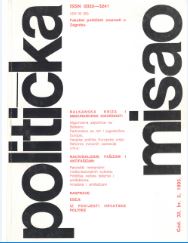Author(s): Çelo Hoxha / Language(s): Albanian
Issue: 03-04/2016
The official historical narrative of Albanian communist regime has been (and is still being held by many historian and history texts) that its source of legitimacy was the so called First Antifascist National Liberation Congress, mostly known as Congress of Permet (24-28 May 1944), which established two important institutions: Antifascist National Liberation Council, as the legislative body, and Antifascist Committee, the executive one. Most of delegates of Congress, this narrative goes, were chosen through democratic election in the liberated zones and they were appointed in non-liberated ones. This article challenges this historical view, written under tight control of communist regime and in accordance with its political propaganda ends, and argues that Congress of Permet cannot be considered, judged exclusively by organizers standards of democratic election expressed in their documents, a democratically elected institution, because it did not meet even the most basic of conditions. This article finds that most of the pretended liberated zones were not as such at that time, but, and this is according to the very texts that hold this view, they were liberated a few months after the Congress. This article, however, analyses also the national representation of delegates present at the event, the mode of their selection, the cohesion of historical narrative, and concludes that Congress of Permet was a non-democratic gathering of communists, partisans and other people affiliated to them, which laid foundations of their future grab of power.
More...
